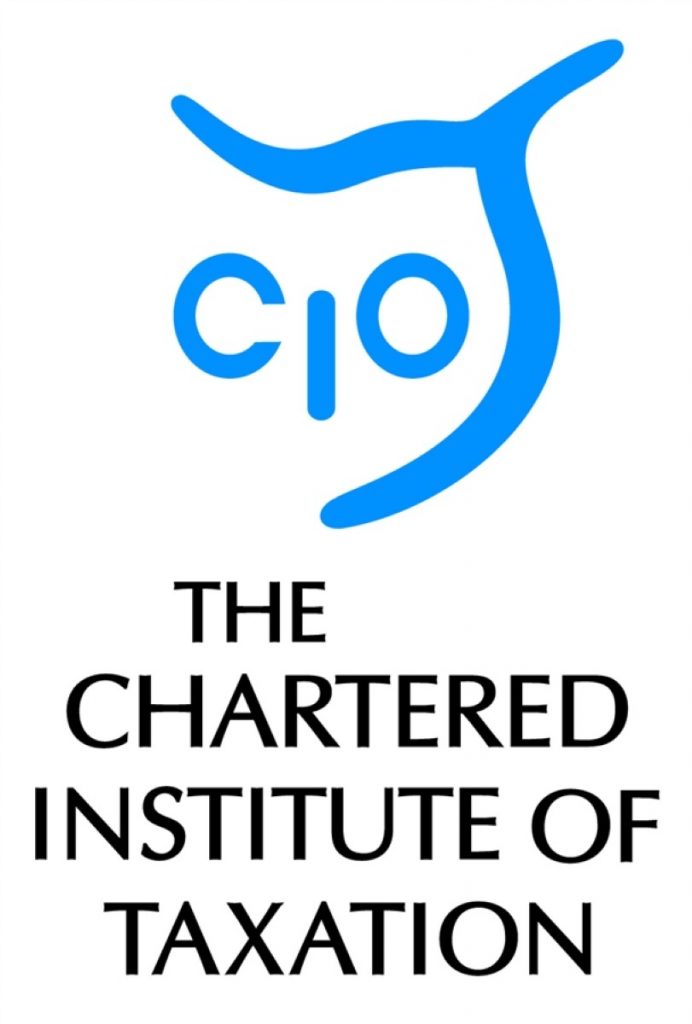Tax professionals welcome proposal for European Taxpayer Code
The Chartered Institute of Taxation (CIOT) has given its backing to plans for a European Taxpayer Code to set out common tax principles and taxpayer rights and obligations, which EU member states would be encouraged to adopt. However the CIOT has reservations with the proposals for an EU-wide system of identification numbers for taxpayers.
Both initiatives come from the European Commission’s ‘Action Plan’, published in December 2012. The appointment of the CIOT’s new President, Stephen Coleclough, has seen the body step up its focus on the EU1, which is the central theme of Coleclough’s presidential year.
In respect of the ‘European Taxpayer’s Code’, the CIOT has welcomed the central aim of the proposal: improving compliance by developing best practice for enhancing cooperation, trust and confidence between tax administrations and taxpayers. The Institute recently welcomed the proposal put forward by international tax professional bodies for a global ‘Model Taxpayer Charter’2.
Jeremy Woolf, Chair of the CIOT’s European Union & Human Rights sub-committee, encouraged the EU to build on work done to create the model charter:
“It is our belief that the efforts to produce a European Taxpayer’s Code will not result in a publication significantly different to the Model Taxpayers Charter. Therefore, the CIOT suggests that the most effective use of time and resources would be to engage with the Confédération Fiscale Européenne, as the European body spearheading the Model Taxpayer Charter; it is through collaboration and consultation, with this body in particular, that a final product will be achieved.”
The CIOT has also submitted a response to the EU Commission’s survey on an EU Tax Identification Number (TIN)3. Whilst many member states use TINs to identify taxpayers and facilitate the administration of their national tax affairs, some, including the UK, do not.
Commenting on the proposal, Jeremy Woolf stated:
“Whilst we understand the importance of more efficient tax administration, and combatting evasion, we maintain that a uniform EU TIN raises too many issues, to make it a sensible proposition currently.
“There are far-reaching implications of the proposal. The sheer cost and administrative burden of a new system would outweigh any increase in the amount of tax collected. There is also a potentially contentious political element to the proposal; the UK does not use national identity cards nor has it standardised the use of TINs. Such proposals may be perceived as having civil liberties implications and if the measures are introduced as a European Union law requirement this could be used to fan anti-European sentiments.
“The way forward is by building on existing national TINs and developing the EU portal. Better use of national TINs with verification access for other member states would facilitate data collection and exchange without imposing undue bureaucratic burdens or sounding political alarm bells. We see merit in developing rules that reduce the number of TINs that a person is required to possess in deferent member states, but at least in the first instance these should be based on national TINs.”
ENDS
Contact: James Knell on 020 7340 2702 or 07532 274013 (jknell@ciot.org.uk) / George Crozier on 020 7340 0569 or 07740 477374 (gcrozier@ciot.org.uk)
Notes for editors
1) See: http://www.tax.org.uk/media_centre/Press+Releases/new_CIOT_President
2) The proposal for a Model Taxpayers Charter was jointly published by the Confédération Fiscale Européenne (CFE), the Asia-Oceania Tax Consultants Association (AOTCA) and the Society of Trust and Estate Practitioners (STEP). Both the European Commission’s and the above bodies’ proposals tackle the same principles, albeit from differing geographical perspectives. For more, see: http://www.tax.org.uk/media_centre/blog/Media+and+Politics/Model+Taxpayers+Charter+launched
3) The European Commission’s website states: ‘The creation of an EU TIN might constitute the best solution to overcome the current difficulties faced by Member States in properly identifying all their taxpayers (natural and non-natural persons) engaged in cross border operations. Whether this could be a unique EU number or the addition of an EU identifier to existing national TINs is an issue which should be further explored, as should be explored links with the other existing EU registration and identification systems’. http://ec.europa.eu/taxation_customs/taxation/tax_cooperation/mutual_assistance/tin/index_en.htm
4) The Chartered Institute of Taxation
The Chartered Institute of Taxation (CIOT) is the leading professional body in the United Kingdom concerned solely with taxation. The CIOT is an educational charity, promoting education and study of the administration and practice of taxation. One of our key aims is to work for a better, more efficient, tax system for all affected by it – taxpayers, their advisers and the authorities. The CIOT’s work covers all aspects of taxation, including direct and indirect taxes and duties. Through our Low Incomes Tax Reform Group (LITRG), the CIOT has a particular focus on improving the tax system, including tax credits and benefits, for the unrepresented taxpayer.
The CIOT draws on our members’ experience in private practice, commerce and industry, government and academia to improve tax administration and propose and explain how tax policy objectives can most effectively be achieved. We also link to, and draw on, similar leading professional tax bodies in other countries. The CIOT’s comments and recommendations on tax issues are made in line with our charitable objectives: we are politically neutral in our work.
The CIOT’s 16,800 members have the practising title of ‘Chartered Tax Adviser’ and the designatory letters ‘CTA’, to represent the leading tax qualification.





-01.png)